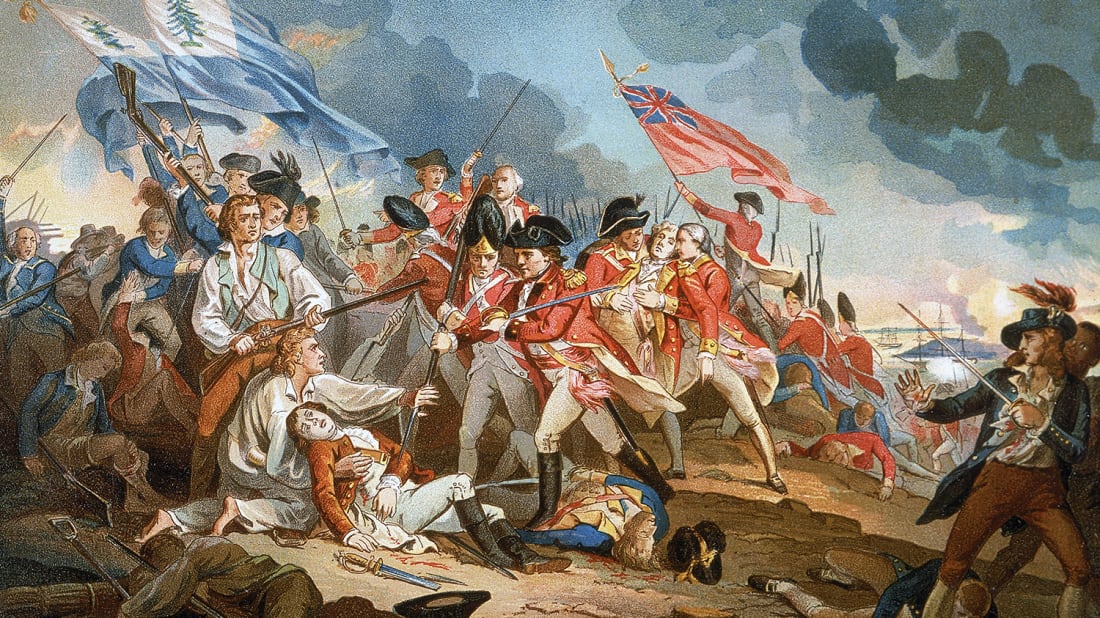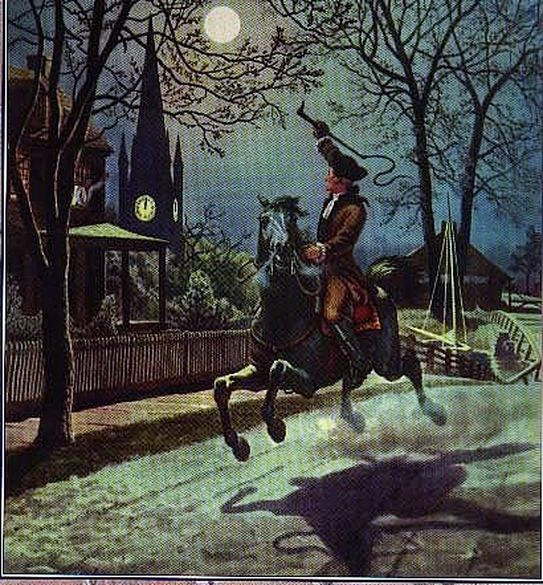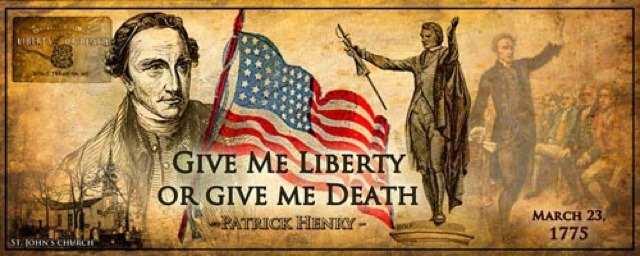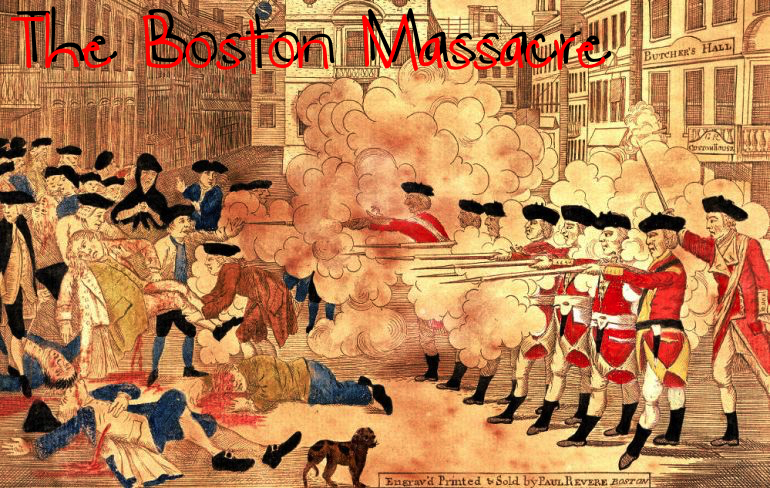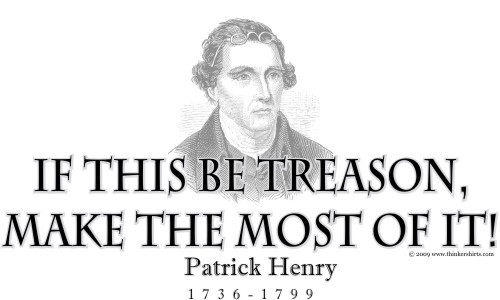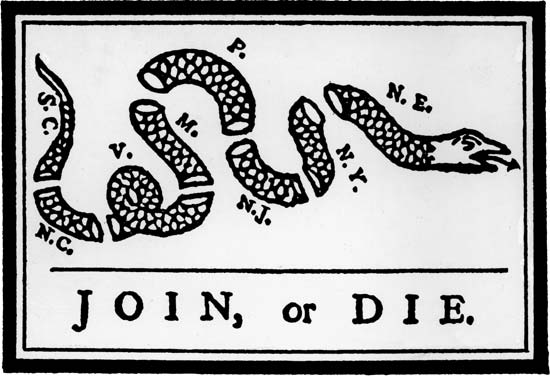Expedition to Quebec
In September of 1775, General George Washington approached Congress with the proposition that Benedict Arnold, under the command of General Philip Schuyler, should begin the… Read More »Expedition to Quebec
In September of 1775, General George Washington approached Congress with the proposition that Benedict Arnold, under the command of General Philip Schuyler, should begin the… Read More »Expedition to Quebec
On June 17th, Gen. William Howe led his troops to Breed’s Hill, overlooking Bunker Hill. There, he had his troops opened fire against the Colonials.
With the outbreak of the American War for Independence, the British garrison at Fort Ticonderoga number something along the lines of about 50 men. Now,… Read More »Today in History: May 10, 1775 – The Capture of Fort Ticonderoga
Most Americans are familiar with the poem, “Paul Revere’s Ride” by Henry Wadsworth Longfellow. However, that’s not the full story. Or even a very accurate… Read More »Midnight Ride of Paul Revere
Give Me Liberty, Or Give Me Death On March 23, 1775, Patrick Henry gave his famous Give Me Liberty or Give Me Death Speech. In… Read More »Give Me Liberty, Or Give Me Death
The Boston Massacre What began as a street brawl on King Street in Boston on March 5, 1770, turned into what today we know as… Read More »The Boston Massacre
“If This Be Treason, Make the Most of It!” In the midst of the uproar over the Stamp Act, Patrick Henry, newly elected to the… Read More »“If This Be Treason, Make the Most of It!”
Too Many Acts: Four Acts That Led to the American Revolution How many people want their entire paycheck to go to the government in the… Read More »Too Many Acts: Four Acts That Led to the American Revolution
The Albany Congress From June 19 to July 11, 1754 in Albany, New York, delegates sent from 7 colonies (Connecticut, Rhode Island, New York, Maryland,… Read More »The Albany Congress
Revolutionary War History Intro Our Revolutionary War History logo was designed with the intent to remind people what our founding fathers were willing to sacrifice… Read More »Revolutionary War History
